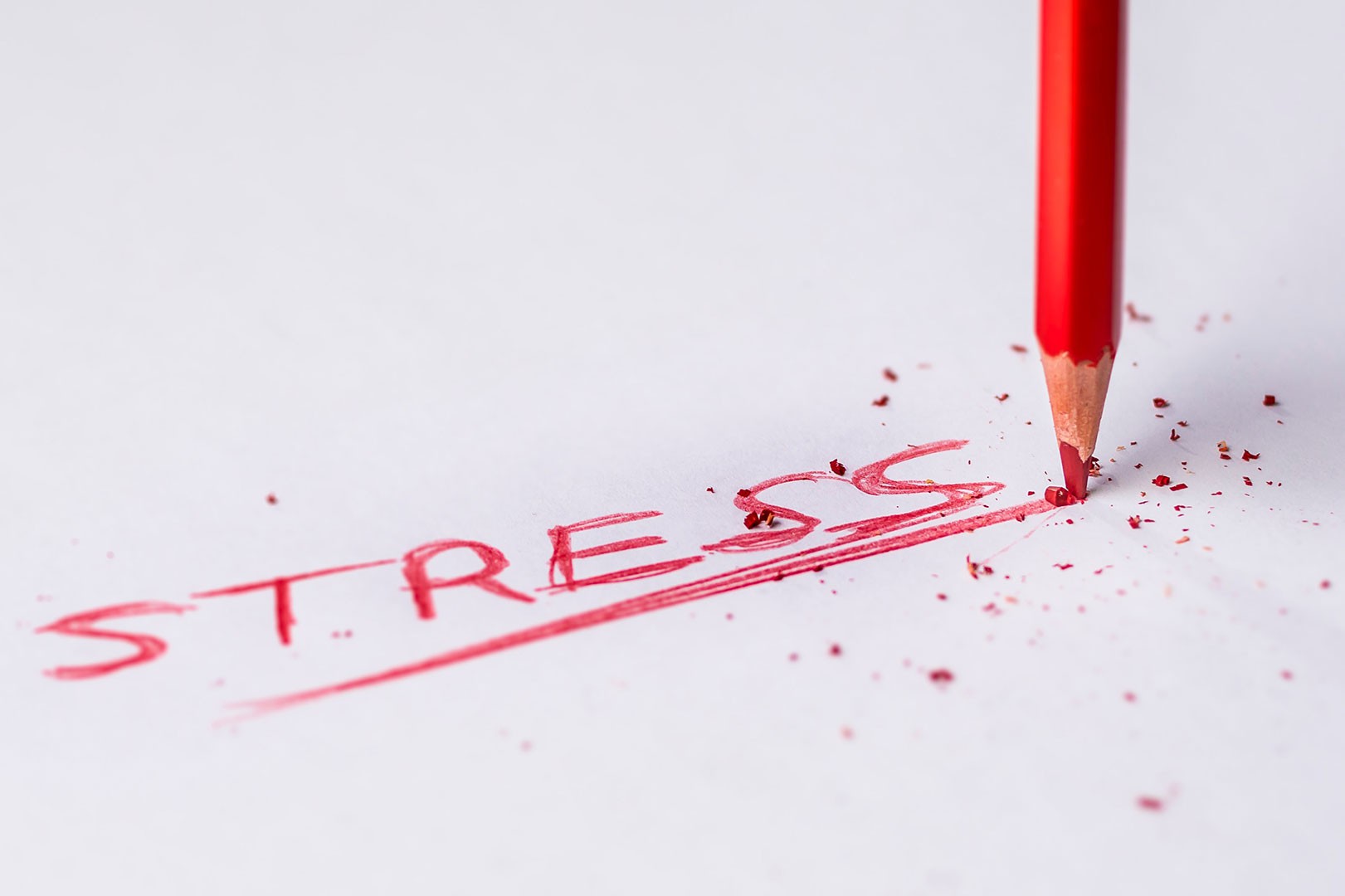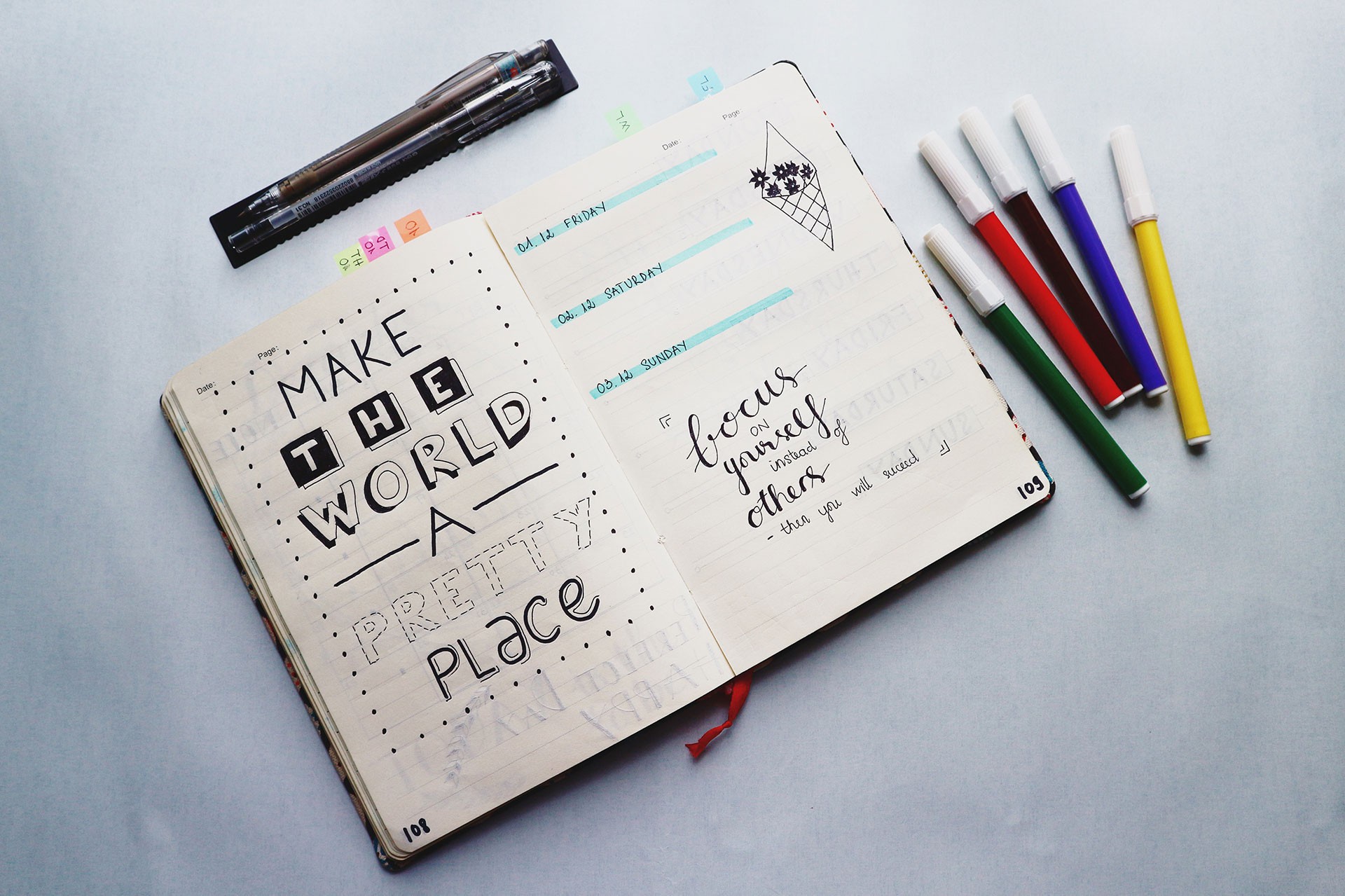
21
DecHow to deal with low mood & depression?
Many people feel low sometimes. However, if it is affecting your life, there are things you should know that might help.
What are the symptoms of a low mood?
Symptoms of a general low mood comprise:
Feeling angry & frustrated
Sadness
Feeling anxious
Being more tired than usual
Being unable to sleep
Lower self-confidence & self-esteem
Please note that a low mood generally gets better after a few days or weeks. You can improve it by initiating small changes in your daily routine. For instance, you can resolve something that is bothering you or getting more sleep.
If you have a low mood that lasts 2 weeks or more, it could be a sign of depression. Other symptoms may include:
Feeling hopeless
Having problems to concentrate
Losing any enjoyment & satisfaction out of life
Having suicidal thoughts or ideas about harming yourself
What to do when having a low mood?
Talk to a family member, friend or a colleague. It is important to verbalise and to express any negative thoughts and feelings.
Find out how to raise your self-esteem i.e. try to create your own personalised plan.
Consider peer-support where people meet in a group and use their experiences to help each other. Keep in mind that people tend to feel more comfortable when they see that someone else is going through the same situation as themselves.
Do not be alone.
Try relaxation, mindfulness and yoga or grab a book on positive psychology (or any other book that can be useful).
What not to do when having a low mood?
Do not set up ambitious goals i.e. trying to get better very quickly.
Avoid focusing on things that you cannot change – set up small goals and work towards small changes that you do step by step.
Do not tell yourself that you are alone – external support is always available, including family, friends or registered clinical practitioners.
Do not think that alcohol, drugs, smoking or gambling will help you. International research has shown that all these contribute to poor mental health.
If you feel that you can’t cope with a low mood or depression by yourself, do not hesitate to initiate a therapy. Do not be ashamed. Do not feel uncomfortable.
Clinical Psychologists will help you identify the cause(s) of a low mood and will teach you how to design personalised solutions and apply them into your daily routine and life story. Cognitive Behaviour Therapy (CBT) shows excellent results when treating low mood problems and depression.
To learn more about CBT applied to low mood and depression, do not hesitate to contact me on info@angelpsychology.com or check out the information on my website.
Please note that Cognitive Behaviour Therapy (CBT) and Psychodynamic Therapy will help you acquire the knowledge and reflection you need. Learn more about Psychodynamic Therapy here and about CBT here. Don't forget that you can work with me at home. Learn more about online psychotherapy here.
Do not forget: you are not alone!
With warm wishes,
Dr Ivanka Ezhova
Founder of Angel Psychological Therapy - Online Psychological Therapy
- 21st Dec, 2019
- Mental Health











